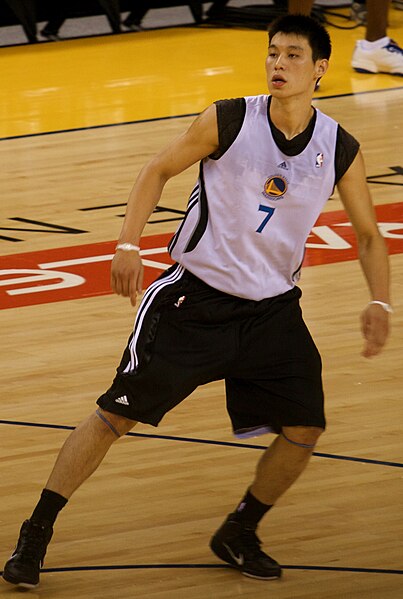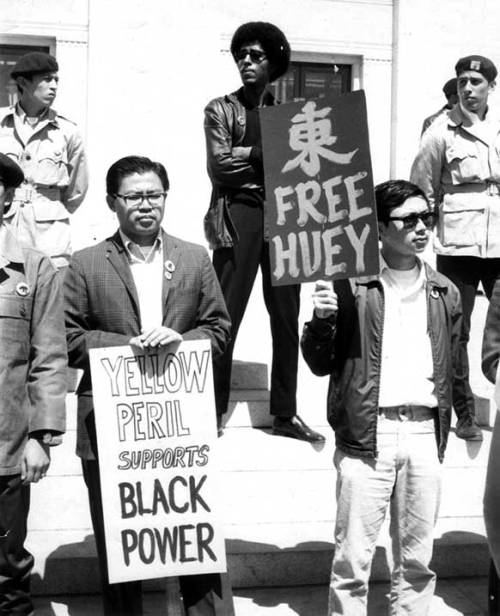
Lin's high school coach, Peter Diepenbrock, said that people without meaning any harm assume since Lin is Asian that he is not a basketball player. The first time Lin went to a Pro-Am game in Kezar Pavilion in San Francisco, his coach said, someone there informed him: "Sorry, sir, there's no volleyball here tonight. It's basketball."During Lin's college career, fewer than 0.5% of men's Division 1 basketball players were Asian-American.
Lin has regularly heard bigoted jeers at games such as "Wonton soup", "Sweet and sour pork", "Open your eyes!", "Go back to China",<--I've heard that one before. "Orchestra is on the other side of campus", or Chinese gibberish. Lin says this occurred even at most if not all Ivy League gyms. He does not react to it. "I expect it, I'm used to it, it is what it is," says Lin. The heckling came mostly from opposing fans and not as much from players. According to Harvard teammate Oliver McNally, a fellow Ivy League player did once call Lin a "chink".
(Is that surprising?)
In January 2010, Harvard played against Santa Clara University at the Leavey Center, just 15 miles from his hometown of Palo Alto, California. Playing to a capacity crowd that included droves of Asian Americans wanting to see his homecoming, his teammates told him, "It was like Hong Kong."
Lin considers himself a basketball player more than just an Asian American. He understands that there have not been many Asians in the NBA. "Maybe I can help break the stereotype," said Lin. Asian Americans who had played in the NBA prior to the 2010–11 NBA season include Wataru Misaka, Raymond Townsend, Corey Gaines, Rex Walters, and Robert Swift. "[Lin's] carrying the hopes of an entire continent. I only had to carry the hopes of Little Rock, Arkansas. He's accomplished a lot more than I have already," said Derek Fisher, who had won five NBA championships with the Lakers, after his first game against Lin.[45] Lin is setting an example for prospective Asian athletes in America who rarely see Asian-Americans playing on their favorite teams. "I don't look Japanese," Walters said, referring to his mother's ethnicity. "When they see [Lin], it's an Asian-American.
article

